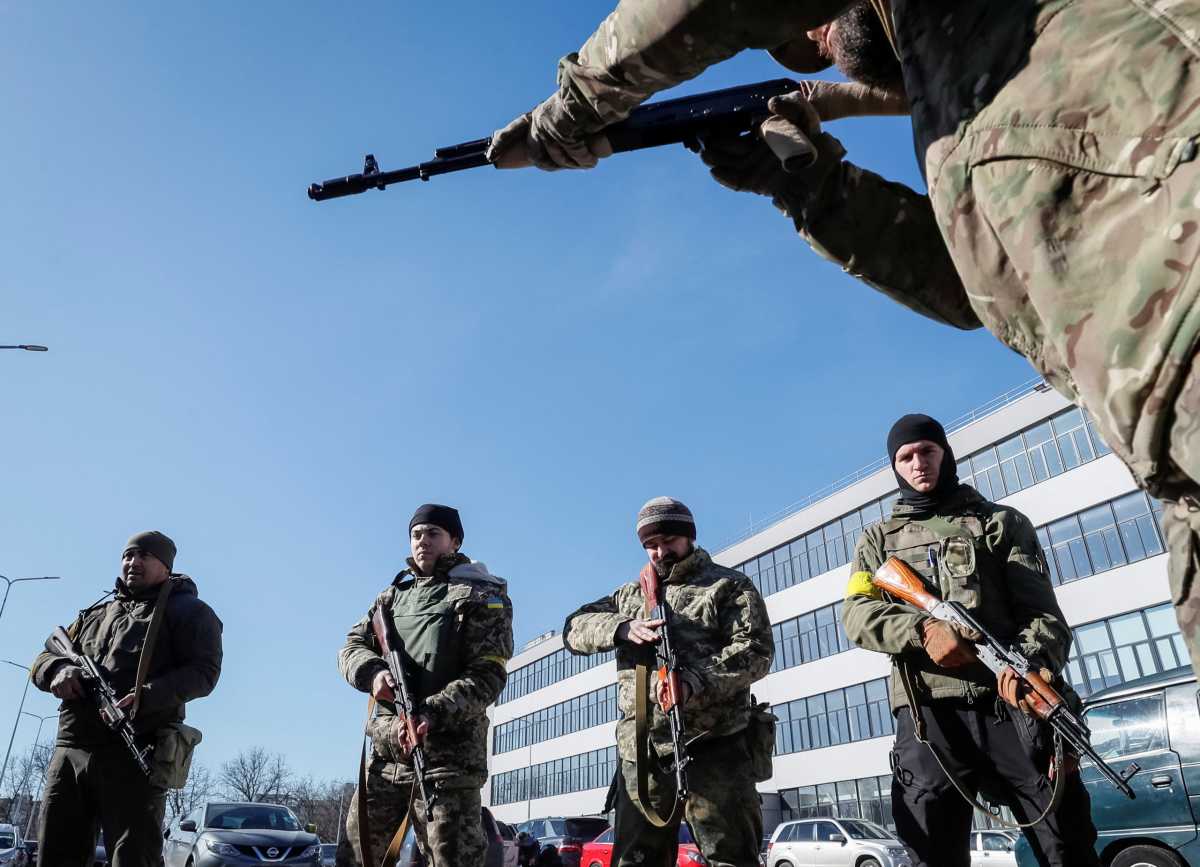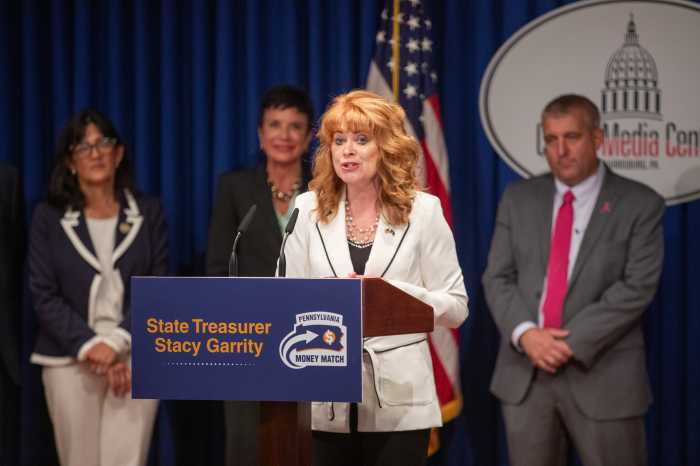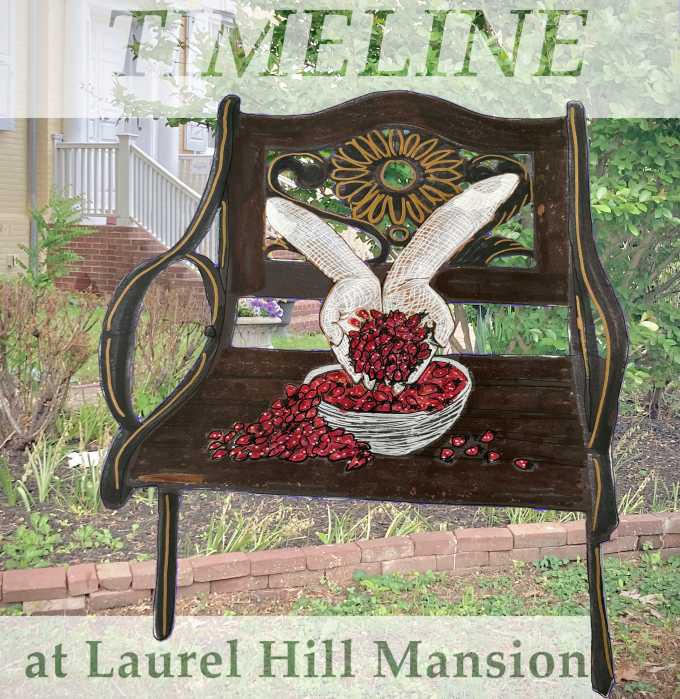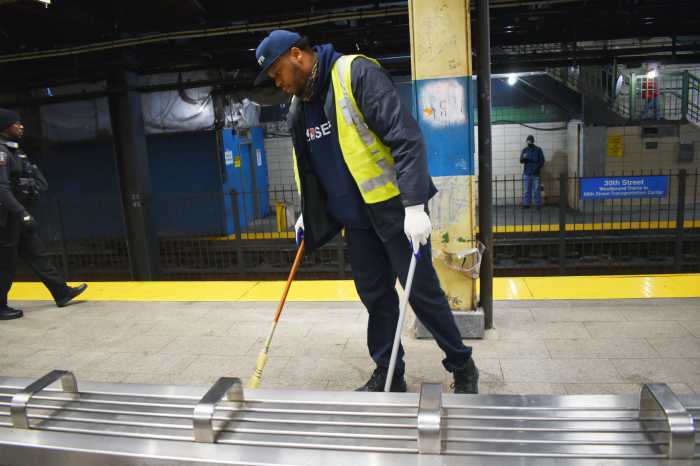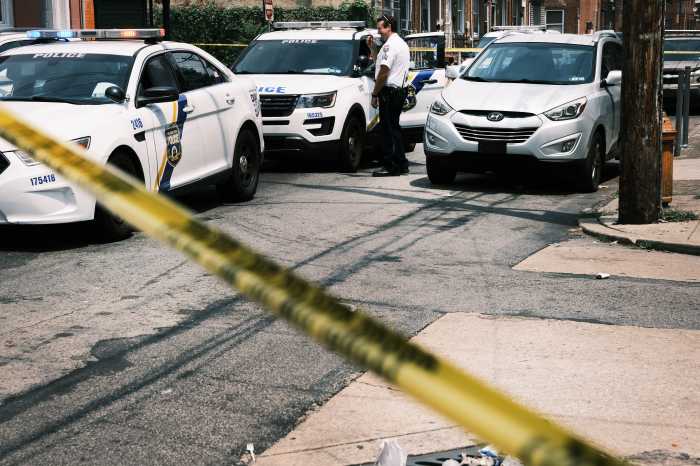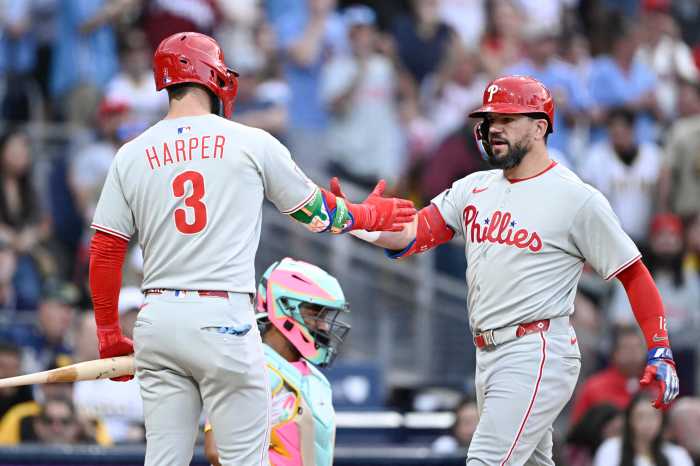Russian artillery bombarded residential districts of Ukraine’s second largest city Kharkiv on Monday, with Moscow facing increasing international isolation as talks to resolve the conflict failed to make a breakthrough.
Ukrainian officials said the Kharkiv attacks had killed civilians, including children.
Russia faces economic turmoil as Western nations, united in condemnation of its assault, hit it with sanctions that rippled around the world and whose targets include President Vladimir Putin and his confidants.
The European Union placed new sanctions on Russian oligarchs and officials and some of its members urged the bloc to begin talks on Ukrainian accession. President Volodymyr Zelenskiy signed a letter formally requesting EU membership, an emphatic statement of commitment to Western values.
But Putin showed no sign of reconsidering the invasion he unleashed on Russia’s neighbor last Thursday in an attempt to pull it firmly back under Moscow’s influence and redraw Europe’s security map.
He dismissed the West as an “empire of lies” and replied to the new sanctions with moves to shore up Russia’s crumbling rouble currency.
The Russian invasion – the biggest assault on a European state since World War Two – has failed to achieve the decisive early gains that Putin would have hoped for, and Kharkiv in Ukraine’s northeast has become a major battleground.
Regional administration chief Oleg Synegubov said Russian artillery had pounded residential districts even though no Ukrainian army positions or strategic infrastructure were there. At least 11 people were killed, he said.
“This is happening in the daytime, when people have gone out to the pharmacy, for groceries, or for drinking water. It’s a crime,” he said.
Kharkiv’s mayor, Igor Terekhov, said four people had died after emerging from a bomb shelter to collect water, and that a family with three children had burned to death in a car.
Earlier, Ukrainian Interior Ministry adviser Anton Herashchenko said Russian rocket strikes on Kharkiv had killed dozens. It was not possible to verify the casualty figures independently.
Moscow’s United Nations ambassador, speaking in New York, said the Russian army did not pose a threat to civilians.
Images from the U.S. satellite company Maxar showed a Russian military convoy stretching over 17 miles and moving closer to the capital, Kyiv, which remains under Ukrainian government control.
On Kyiv’s streets, signboards normally used for traffic alerts showed the message: “Putin lost the war. The whole world is with Ukraine.”
Fighting also occurred throughout Sunday night around the port city of Mariupol, said the head of the Donetsk regional administration, Pavlo Kyrylenko. He did not say whether Russian forces had gained or lost ground.
Russian forces seized two small cities in southeastern Ukraine and the area around a nuclear power plant, according to the Interfax news agency.
CEASEFIRE TALKS, WESTERN SANCTIONS
Talks between the two sides were held on the border with strong Russian ally Belarus – a launch pad for invading Russian troops.
Ukraine had said it wanted to secure an immediate ceasefire and the withdrawal of Russian forces. The Kremlin declined to comment on its goals.
The meeting ended with officials heading back to capitals for further consultations before a second round of negotiations, Ukrainian presidential adviser Mykhailo Podolyak told reporters.
“The Russian side, unfortunately, still has a very biased view of the destructive processes it has launched,” Podolyak tweeted.
Russian delegation head Vladimir Medinsky told reporters: “The most important thing is that we agreed to continue negotiating.”
Russia calls its actions in Ukraine a “special operation” that it says is not designed to occupy territory but to destroy its southern neighbor’s military capabilities and capture what it regards as dangerous nationalists.
The Western-led response has been emphatic, with sanctions that effectively cut off Moscow’s financial institutions from Western markets.
The United States imposed new sanctions on Russia’s central bank and other sources of wealth on Monday, and many Western companies began to disentangle themselves from their Russian operations.
Over the weekend, some Russian banks were barred from the SWIFT international payments system.
The rouble plunged 32% against the dollar before recouping about half of its losses, and Russia’s central bank cranked up its key interest rate to 20% from 9.5%. Authorities told export-focused companies to be ready to sell foreign currency.
In Brussels, European Union foreign policy chief Josep Borrell said EU sanctions would have a cost for Europe “but we have to be ready to pay the price, or we will have to pay a much higher price in the future”.
The invasion has brought relations between the United States and Russia, the world’s two biggest nuclear powers, to their worst point in years.
The United States expelled 12 Russian diplomats at the United Nations, citing national security concerns. Russia described the move as “hostile”.
Russia has not shown interest in creating a “deconfliction mechanism” with the United States over the Ukrainian conflict, the Pentagon said on Monday. The two countries have such a mechanism in other areas, like Syria, where both operate in close proximity.
BATTLE FOR CITIES
U.N. human rights chief Michelle Bachelet said at least 102 civilians in Ukraine had been killed since Thursday but the real figure could be “considerably higher”.
Ukraine’s health ministry said on Sunday 352 civilians, including 14 children, had been killed since the beginning of the invasion.
More than half a million people have fled to neighboring countries, according to the U.N. refugee agency.
Partners in the U.S.-led NATO (North Atlantic Treaty Organization) defense alliance were providing Ukraine with air-defense missiles and anti-tank weapons, NATO chief Jens Stoltenberg said.
The Kremlin accused the EU of hostile behavior, saying weapons supplies to Ukraine were destabilizing and proved that Russia was right in its efforts to demilitarize its neighbor.
Reuters



